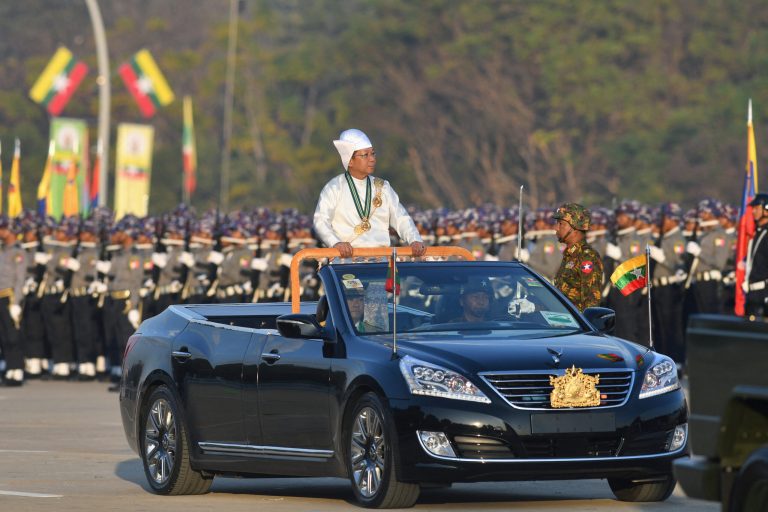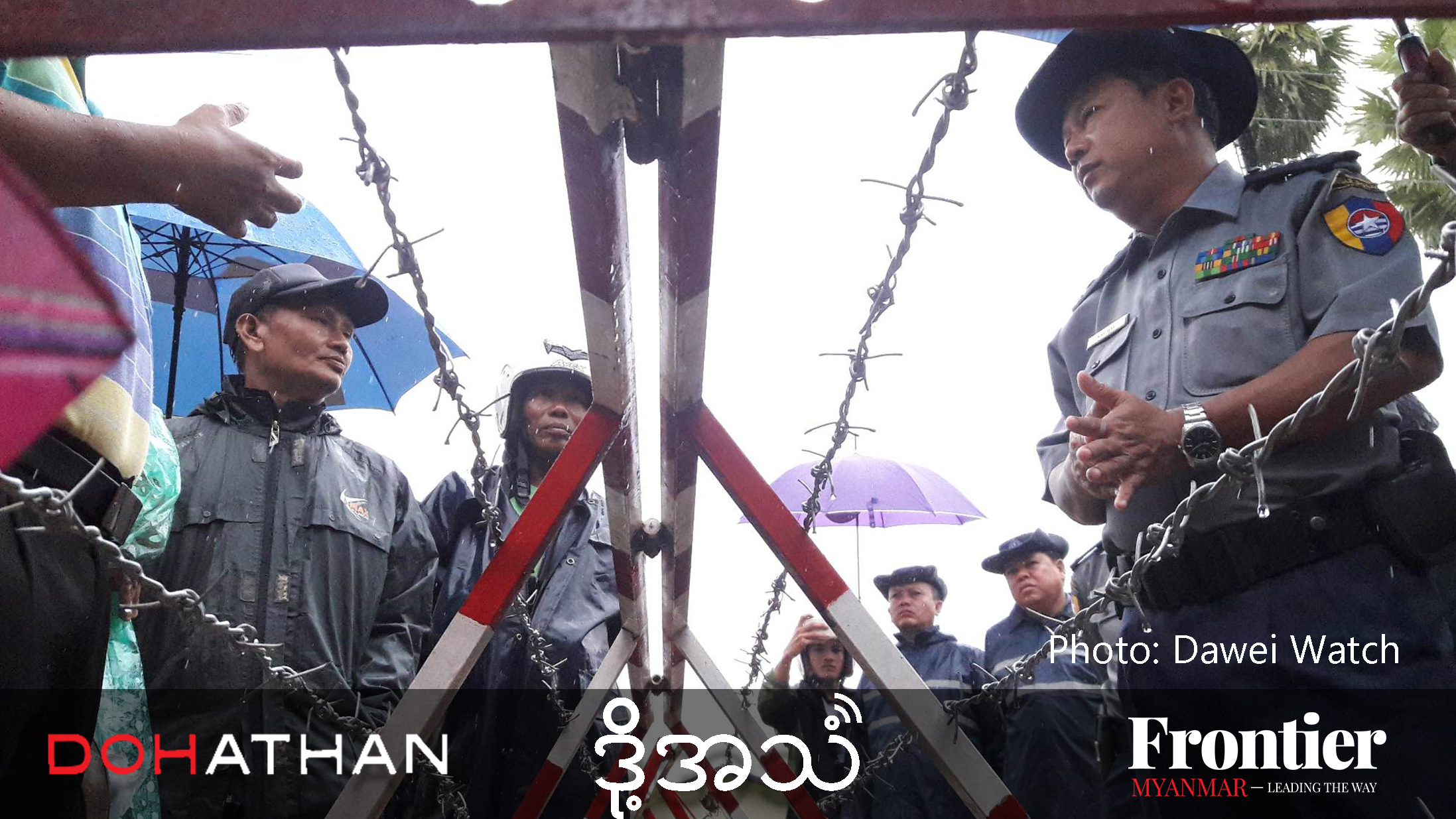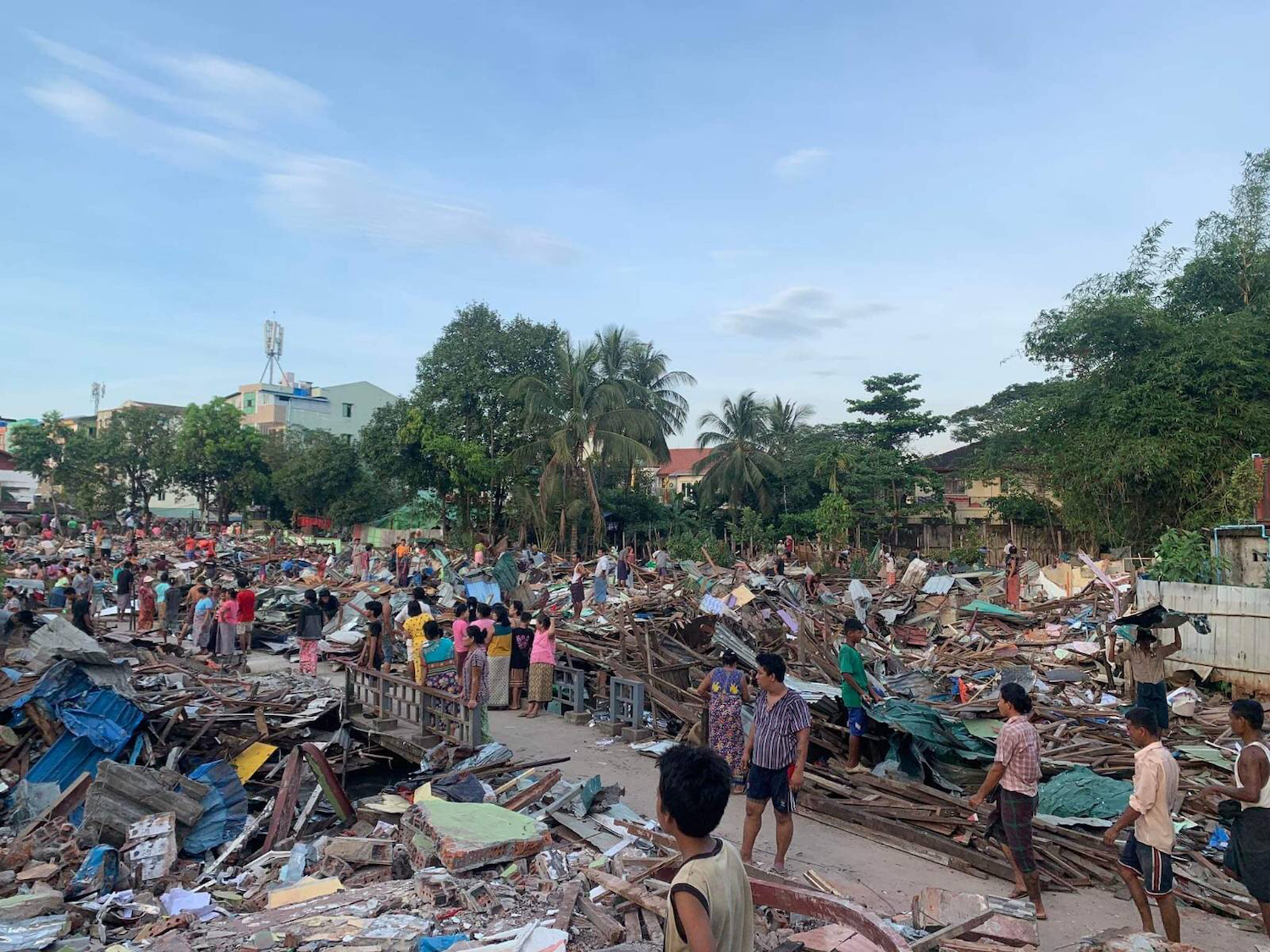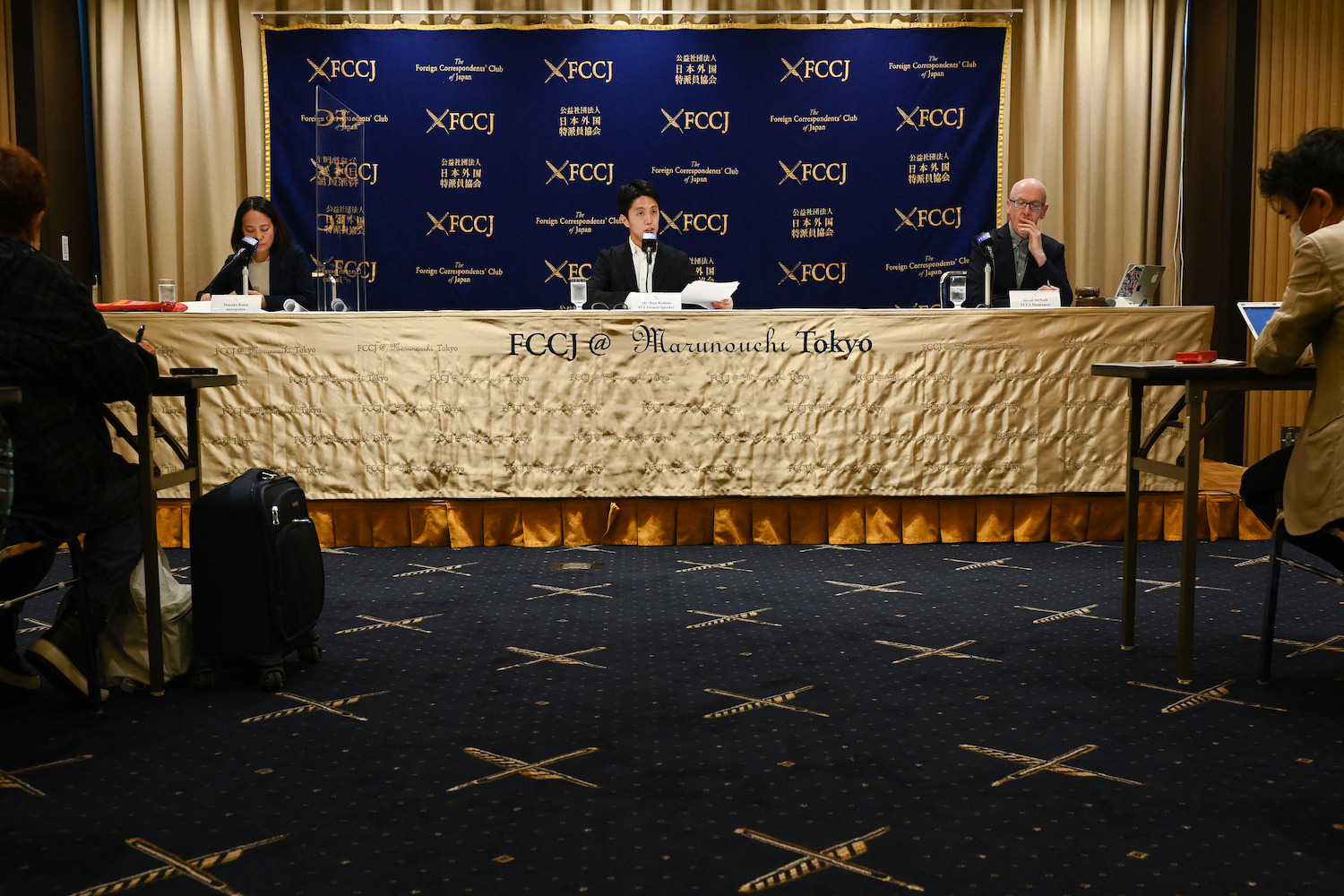Foreign investors like to lobby for “fairer” contracts and less red tape, but basic rights and security for Myanmar’s poorest people is their business, too.
IN AN EFFORT to cover Myanmar in all its breadth, Frontier reporters pass through very different worlds. There are few countries where you can visit the dusty compound of a warlord-backed construction project in a conflict zone on Monday, and on Tuesday visit the 20th floor office of a foreign corporate representative who greets you with breathless talk about a growing “middle class”.
On September 10-11, Frontier immersed itself in the world of private sector deal-making at the Myanmar Global Investment Forum in Nay Pyi Taw, where civil society activists and journalists outside the business beat would have seen few familiar faces. Yet, a curious visitor from these other worlds who parsed the chatter about PPAs and “deal flow” would have found much that connects with their work.
The mood at the event was peppier than in similar conferences over the past few years. A modest rebound in foreign direct investment was hailed, the opening of the insurance sector to foreign players was held up as evidence of Myanmar’s longterm commitment to economic liberalisation, however glacial, and participants looked back on an accumulation of reform initiatives under the National League for Democracy government – from the Companies Law to the Myanmar Sustainable Development Plan – that had at least laid foundations for future growth.
Nonetheless, there was fretful talk about the more glaring gaps in the growth narrative – in particular, under-investment in infrastructure and energy. As reported in this issue (page 24), the government’s failure to seal deals on new power projects could lead to crippling electricity shortages in the years ahead and has prompted the energy ministry to rush through an emergency power tender.
Panellists from conglomerates, banks and institutional foreign lenders proposed a predictable set of fixes for under-investment, chiefly the cutting of red tape and the offering of more bankable contracts to private investors. Tycoon Mr Serge Pun won a round of applause when he exclaimed, “The fewer laws we have the better!”
Support more independent journalism like this. Sign up to be a Frontier member.
In fact, some of the franker assessments of the barriers to investment came not from private sector representatives but members of the government, several of whom cited Myanmar’s great “asset”, land, and difficulties that arise when investors try to get hold of it. “Land acquisition is a huge constraint in this country,” said U Hein Htet, deputy director-general at the Department of Electric Power Planning.
U Aung Naing Oo, permanent secretary at the Ministry of Investment and Foreign Economic Relations, posits this “constraint” in the tangled legal framework for land: “We have 41 laws for land use,” he told the audience, before adding that the provisions of these laws will be streamlined and superseded in “one mother law for land”.
He was referring to the National Land Law, which is being drafted ostensibly to give effect to the National Land Use Policy. This policy, published in early 2016, stipulates safeguards for smallholder farmers and users of ethnic customary land, who suffer dispossession and judicial harassment under current land laws.
It is heartening that one of Myanmar’s top economic tsars chose to draw attention to an issue with such huge implications for Myanmar’s poorest people. A topic normally aired in civil society dialogues had found its way into a business summit.
Yet, Aung Naing Oo told Frontier later that social justice was far from the prime land-related concern among investors he had dealt with. “The [risk of] land grabs is not the issue. Complicated procedures have created difficulties for investors,” he said, referring to the Kafkaesque bureaucracy and chronic uncertainty that come with contradictory laws.
Moreover, in recent years, amendments to individual land laws that undermine smallholder rights have sped through parliament amid stasis in the drafting of the National Land Law. The committees tasked with drafting it have only just been formed, with little more than a year until the next general election.
Because economic growth is only sustainable if it benefits a broad base, investors should see that the creation of a fairer land use system is their concern, too. Rather than just lobbying for less red tape and “fairer” contracts, the private sector should insist on rights and security for the people that their fortunes ultimately depend on.







